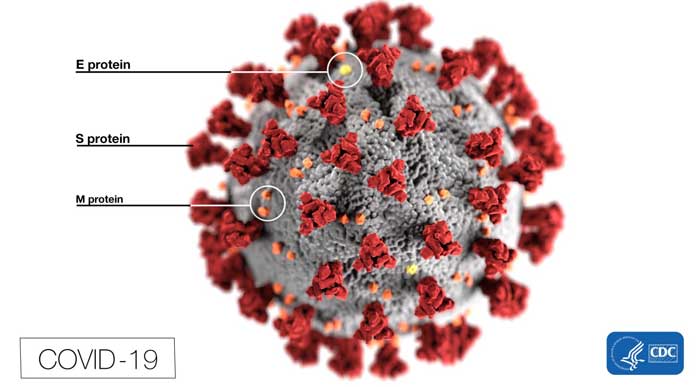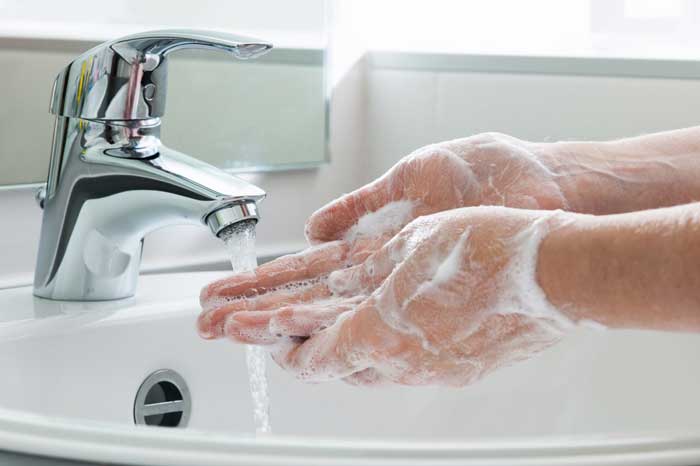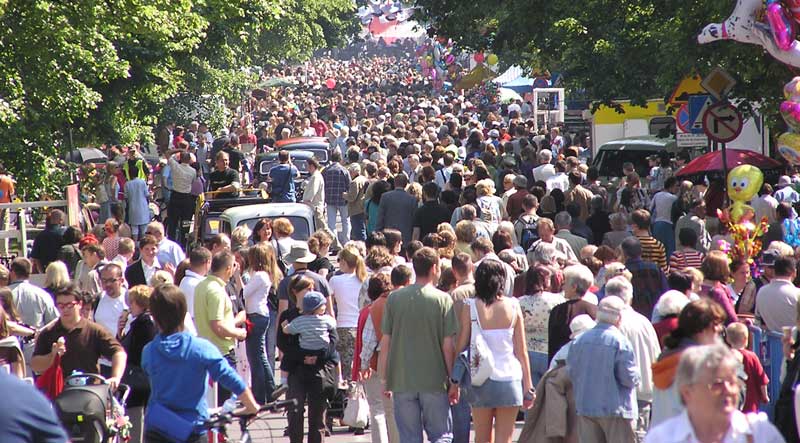Coronavirus and Your Events: Here's What You Should Know
The Coronavirus (COVID-19) is sweeping headlines around the world - why? Because it’s new, dangerous and we are still unsure on the right procedures for handling it.
The world’s population has yet to develop immunity, and science has yet to find a vaccine and/ or effective treatment for COVID-19.

What we know about COVID-19
- COVID-19, the disease caused by the coronavirus, causes symptoms that include
- fever
- chills
- cough
-
shortness of breath
- People who are immunocompromised, have respiratory issues, are over the age of 60, or who smoke or used to smoke are especially at risk for severe symptoms or death.
- Generally, people who develop COVID-19 do so within fourteen days of exposure to the coronavirus. People are contagious before they begin to show symptoms, making it especially hard to stop the spread of the virus.
- Coronavirus is highly contagious and can be spread easily. According to the Center for Disease Control, the virus can be spread through close contact (about six feet of space), and touch is not required for the virus to spread.
Scientists have observed the community spread of the coronavirus. This means that the virus is spreading so easily that some infected people can’t pinpoint when or how they picked up the virus.
This information is always changing as we learn new information about the disease and conduct further research. Check your news for the latest updates on COVID-19.
|
Postponing and rescheduling your events Within your account, you can easily change your |
Personal care tips to keep you safe
The World Health Organization and the CDC have suggested the following to help protect yourself from the virus:

-
-
Wash your hands frequently with warm soap, and water for at least twenty seconds. Hand washing must happen regularly throughout the day, not just after potential exposure to the virus.
- When hand washing is not possible, use an alcohol-based hand sanitizer, and rub it in until it’s completely dry.
-
Avoid touching your nose, mouth, and eyes unless you’ve just washed your hands.
-
Avoid close contact with others, even if they don’t appear to be sick. Since it takes up to two weeks for coronavirus symptoms to spread, it’s impossible to tell who is contagious. Maintain a distance of at least six feet from others when possible.
-
Clean/ disinfect frequently touched surfaces at least daily.
-
Wash your hands frequently with warm soap, and water for at least twenty seconds. Hand washing must happen regularly throughout the day, not just after potential exposure to the virus.
Keeping others safe
If you’re generally a healthy person who contracts the coronavirus, you’ll likely recover after a short period of time. The same is not true for people in high-risk categories. To protect people in high-risk categories, the CDC recommends that you:
-
-
Stay home if you’re sick. If you’re generally healthy, your symptoms are likely to be mild and may be indistinguishable from a cold. If you’re coughing, sneezing, have a sore throat or runny nose, or have a fever, it’s key that you self-quarantine.
-
Cover any coughs and sneezes. Cough into a tissue, immediately dispose of the tissue, and then wash your hands with soap and warm water for at least twenty seconds.
- If you’re sick, wear a face mask on the way to the doctor’s office. You do not need a face mask if you’re not sick unless you’re caring for a sick person or working in healthcare.
-
Stay home if you’re sick. If you’re generally healthy, your symptoms are likely to be mild and may be indistinguishable from a cold. If you’re coughing, sneezing, have a sore throat or runny nose, or have a fever, it’s key that you self-quarantine.
Tips for event planners
You may be considering cancelling your event.
First, check with your state government’s current policies on whether events are to be cancelled. In many states, governments are banning gatherings of over 100 people.

You’ll also want to check on self-quarantine regulations in your area. Some states are requiring people who have traveled to heavily affected areas (such as China, Italy, and South Korea) to self-quarantine.
If your event involves travel to Europe, it will need to be postponed or cancelled per the current travel ban in the United States.
|
24/7/365 guest support Don't worry about high call volumes, we got |
Purplepass: How we can help
At Purplepass, we understand that this is a stressful time for event planners, and we’re here to help.
Promoters who need to cancel an event have a few different options they can offer to their guests.
- Nonprofit events can use their ticket as a tax-deductible donation
- Offer exchanges or ticket transfers to another show time and/or date
- Reschedule or postpone your event to a date in the future








